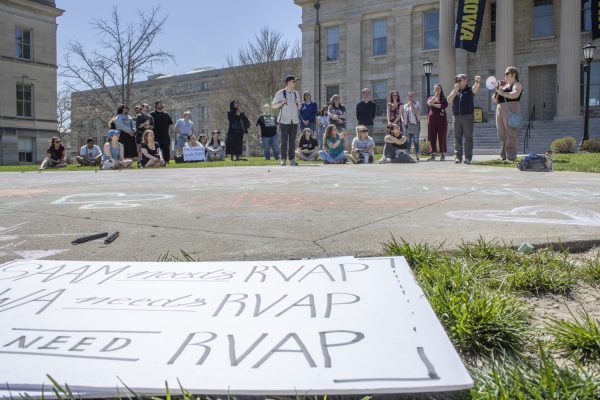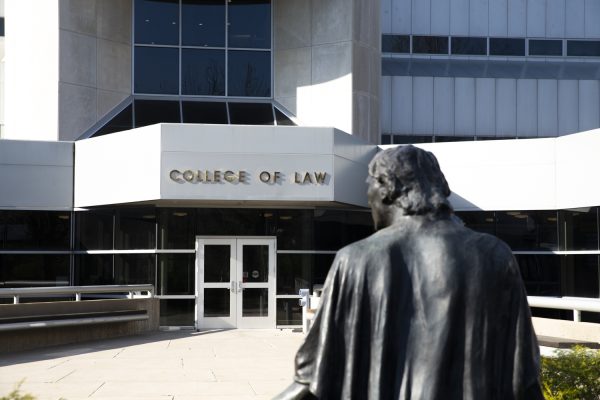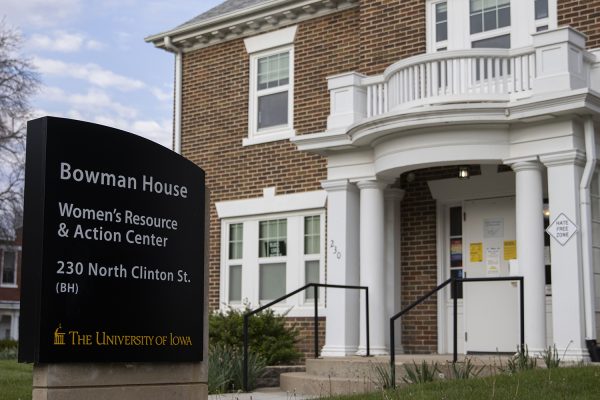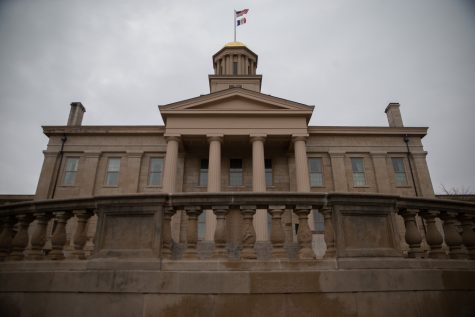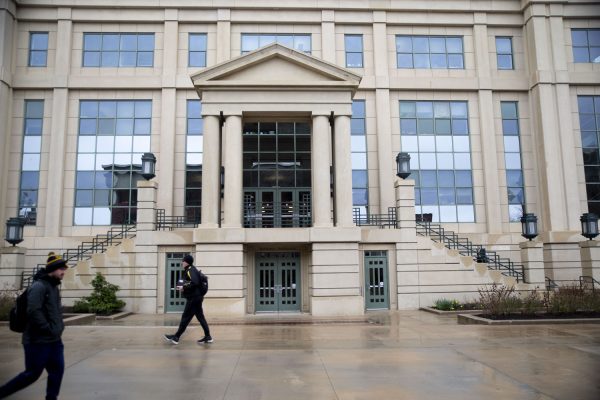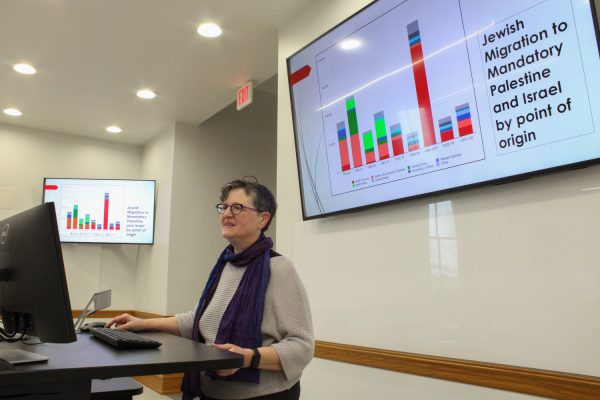Survey to gauge UI working climate
University of Iowa employees can voice their thoughts on working at the university by responding to the Working at Iowa survey.
October 4, 2016
Starting Wednesday, University of Iowa employees can take the Working at Iowa survey to answer questions regarding their UI employment experiences.
Through their UI email addresses, employees will be sent links to the confidential survey, which they can take until Oct. 19.
“We use it as a benchmark to give us feedback on the indicators that help people get engaged and productive in their work … and to help make the work experience better,” said Kevin Ward, the UI interim vice president for Human Resources.
Based on the survey results, Ward said, each college and division of the university receives reports to examine changes that can be made in their units.
Since 2006, when the UI started the survey, Ward said, the UI has seen fairly high participation. When the survey was administered in 2014, 68 percent of employees responded, making it a “highly reliable representation of the overall employee population” of the 16,401 people employed at that time, according to the 2014 Working at Iowa survey report.
“I think it’s been successful in the sense that people feel like it’s something that they want to respond to,” he said.
Marketing lecturer Mark Winkler said he plans on taking the survey once it is released because he believes in its effectiveness.
“I come from the business environment … so I’ve had an opportunity to both help develop and benefit from learning about employment surveys, so I know they work, and if used, they’re very effective,” he said.
Others are not as optimistic about the handling of the survey’s results. History Professor Jeff Cox, the vice president of the UI chapter of American Association of University Professors, said he will take a look at the survey after it comes out and decide whether to take it.
While Cox said he is unsure of what questions will appear on the survey, one of his concerns about working at the university is the lack of resources given to the History Department. He said the department was ranked as one of the top 25 in the nation 20 years ago, but now, the department is ranked among the top 40.
“The reason we’ve gone down in rankings is because the lack of resources in our department to do our teaching and research,” he said. “Since 2007, we have lost 12 midcareer historians to other universities. This is for two reasons: One, the other universities can pay them more, and two, the university has taken resources away from the humanities faculties and shifted them to other parts of the university.”
Winkler, however, expressed faith in the UI’s ability to take the results and use them to make the changes employees demand most.
“I don’t expect them to follow through on everything I say, but I do believe they’ll follow through with the majority opinion around something that they will try to make the right changes,” he said.
For Cox, he said, the concern is not only about the work climate he and his colleagues experience as faculty members but the effect the climate has for the students they instruct.
“What we want is for the undergraduates at the university to be taught by the best faculty,” he said. “The university administration has been entirely unsympathetic to that.”






